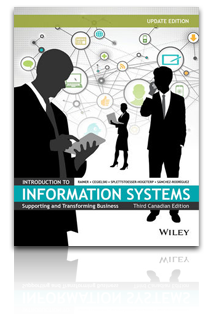Description: There’s an arms race in cyberspace, and a massively exploding new cyber-industrial complex that serves it.
Date: March 28, 2011
Scholars of war and human nature have long understood that, in an offence-dominant environment such as this, the pressure is on to keep up or be left behind. Fear and insecurity increase, threats lurk everywhere, and rash decisions can lead to unexpected outcomes and chaos.
While this may sound ominous for most, for those in the defence industry, it presents an irresistible market opportunity. A new cyber military-industrial complex has exploded, estimated to be between $80-billion and $150-billion (U.S.) annually. Like Dwight Eisenhower’s military-industrial complex before it, this massive cyber-industrial complex is intimately connected to militarization processes in the West and, in particular, the United States. Major corporate giants that arose in the Cold War, such as Boeing and Northrop Grumman, are now repositioning themselves to service the cyber security market.
But as the Egyptian security service files show, the market knows no boundaries. Advanced deep pack inspection, content filtering, social network mining, cellphone tracking and computer network attack and exploitation capabilities, developed primarily by U.S., Canadian and European firms, are sold to hungry buyers worldwide – many of them authoritarian regimes.Like all arms races before it, the growing tensions in cyberspace and the proliferation of tools and services that feed it create a climate of fear and insecurity. And as Samuel Coleridge once said, “What begins in fear usually ends in folly.” A dangerous, lawless atmosphere is spreading in cyberspace. Read rest of story
Questions for discussion:
- Who does this form of warfare give an advantage to?
- How does a country defend itself against this type of attack?



Leave a Reply